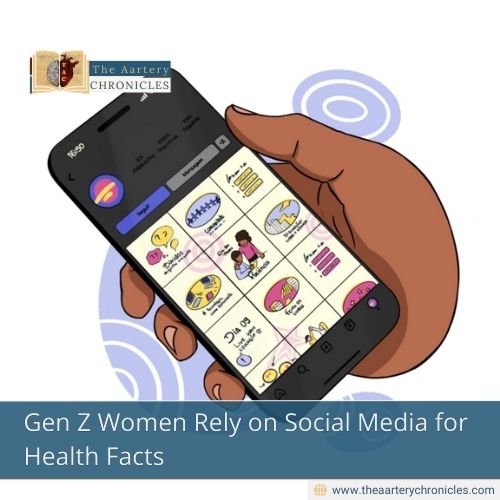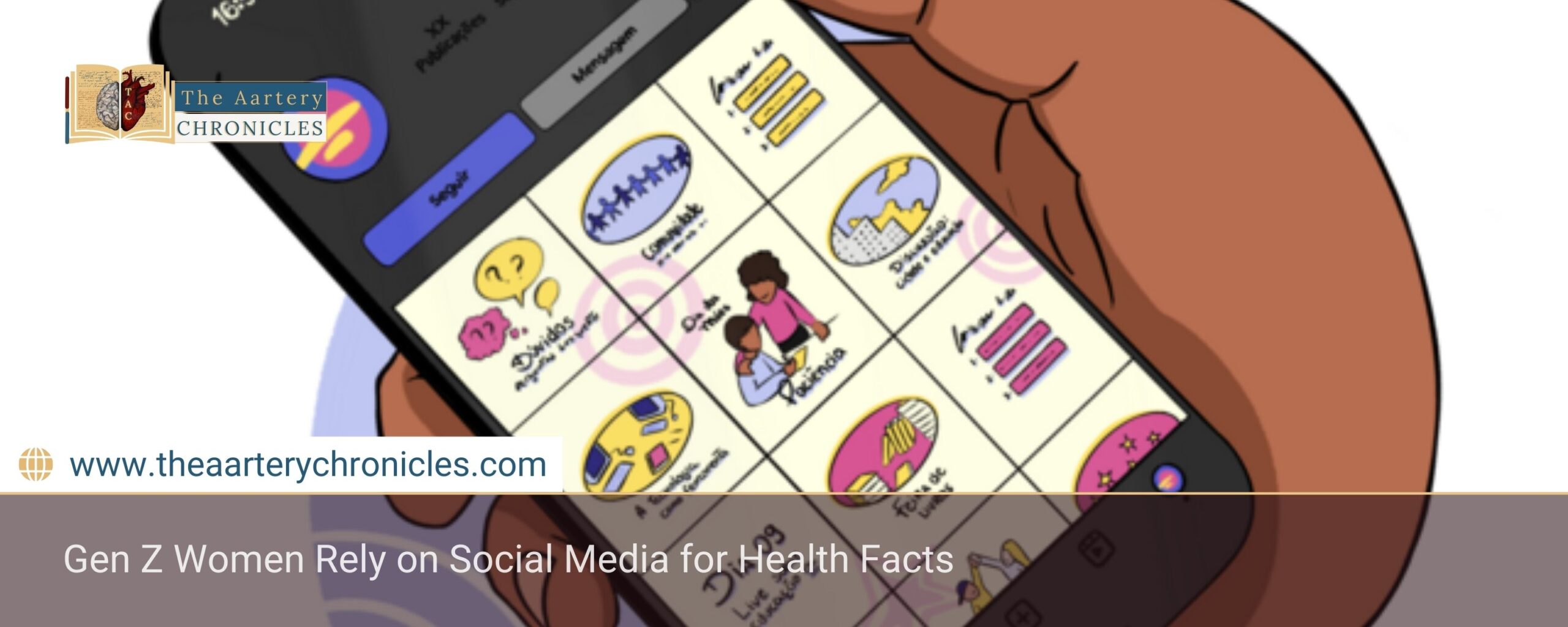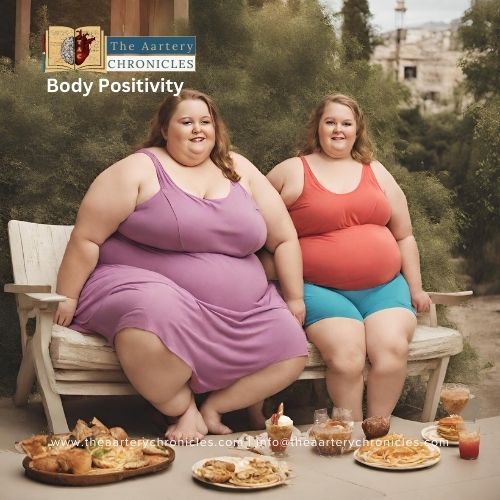

Gen Z Women Rely on Social Media for Health Facts
A recent reproductive health survey found that over half (51%) of Gen Z women support including fertility tests in routine health check-ups. Despite this demand, the study highlights that awareness about fertility health markers and options remains limited, with many young women unsure about the biological clock and essential tests like Anti-Müllerian Hormone (AMH).
The survey, titled “The Fertility Awareness Survey: Gen Z Insights,” was carried out by Motherhood Hospitals and Nova IVF Fertility. It included over 200 women aged between 23 and 30 from metros and tier-1 cities in India.
When Do Gen Z Women Plan Pregnancy?
According to the survey, around 40% of women said they plan to try for pregnancy between the ages of 28 and 32. While more than half believed fertility declines sharply after 35, about 25% of respondents sought clarity from specialists about the ideal age to conceive and the risks of delaying pregnancy into the late 30s.
Interestingly, nearly 27% are postponing parenthood for financial or personal reasons, and 18% shared they may not want children at all, signalling a clear shift in attitudes where parenthood is increasingly seen as a personal choice rather than a social expectation.
Awareness Gap Around Fertility Health
One of the key findings is the low awareness about fertility health markers. The AMH test, which measures the number of eggs in the ovaries and can be done with a simple blood sample, was known to only 35% of women surveyed. Just 10% had ever undergone the test, while 65% reported no knowledge of it at all.
Experts note that Indian women may experience ovarian ageing earlier compared to Western populations. Reports suggest that AMH levels can start to decline as early as the late 20s, with the sharpest fertility drop occurring after 35. This makes early awareness and preventive care crucial.
Conditions Often Overlooked
The study also revealed that 20% of women reported having reproductive health conditions such as PCOS, thyroid disorders, or endometriosis. However, many were not actively seeking medical help for these issues, despite their potential long-term impact on fertility.
Fertility specialists stress that lifestyle factors such as diet, alcohol, smoking, and even fad diets or unprescribed supplements play an important role in reproductive health, much like they do in heart health.
Limited Knowledge of Egg Freezing
While 56% of respondents had heard about egg freezing, only 10% said they would consider it. The reasons cited included financial planning, career goals, or not yet having a partner. However, the understanding of the process and the right age to opt for egg freezing remains low. Fertility experts caution that while it can be a useful option, its effectiveness depends heavily on timing.
Social Media: A Primary Source of Information
Interestingly, 41% of respondents said they rely on social media for reproductive health content, showing how online platforms are increasingly shaping health awareness among young women.
Conclusion
The survey highlights both a growing curiosity and a critical awareness gap among Gen Z women about fertility. With many postponing parenthood due to personal and financial reasons, making fertility tests part of routine health check-ups could help them better plan their reproductive future.
Source: Inputs from various media Sources
I’m a pharmacist with a strong background in health sciences. I hold a BSc from Delhi University and a pharmacy degree from PDM University. I write articles and daily health news while interviewing doctors to bring you the latest insights. In my free time, you’ll find me at the gym or lost in a sci-fi novel.
- Priya Bairagi
- Health News and Updates,People Forum
- 2 September 2025
- 15:00








